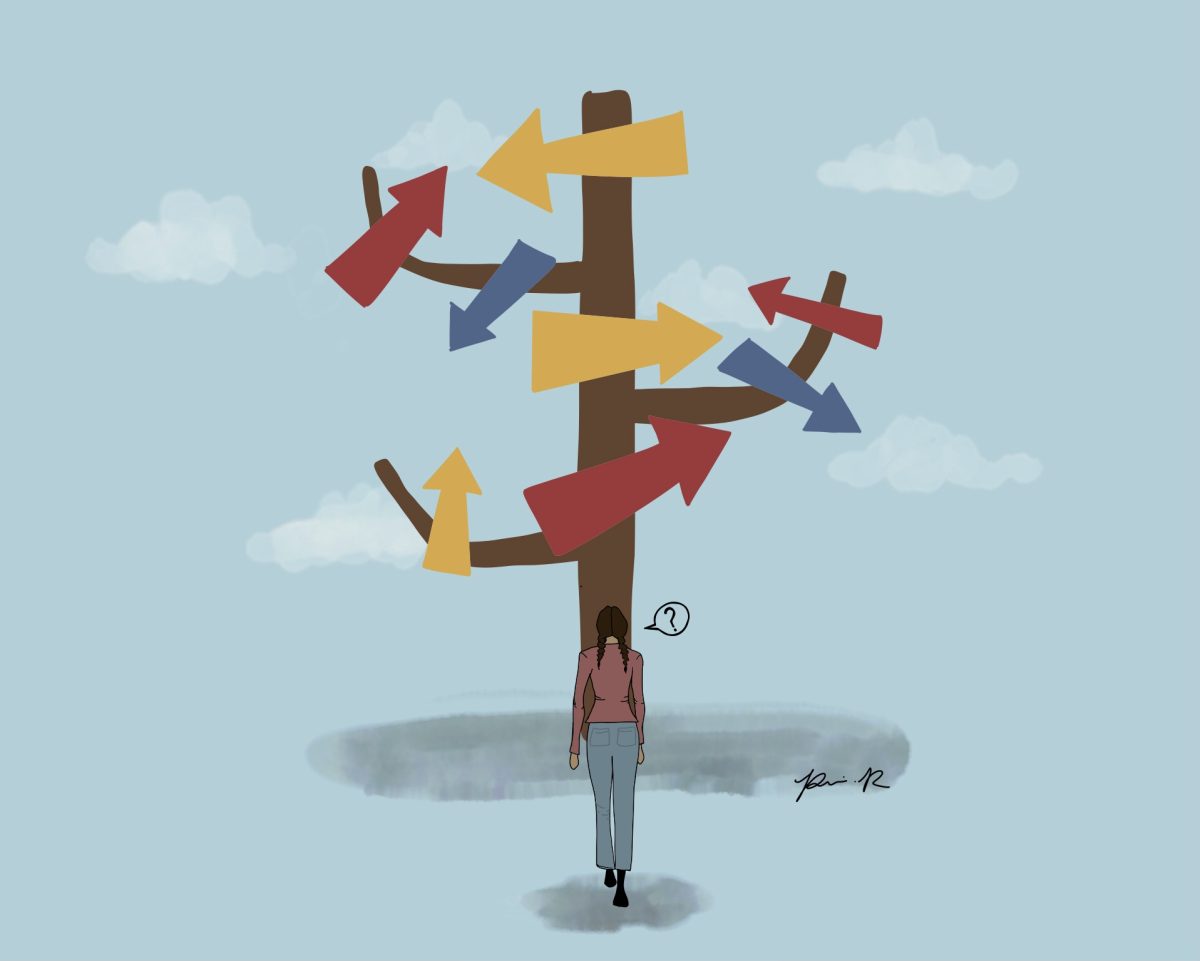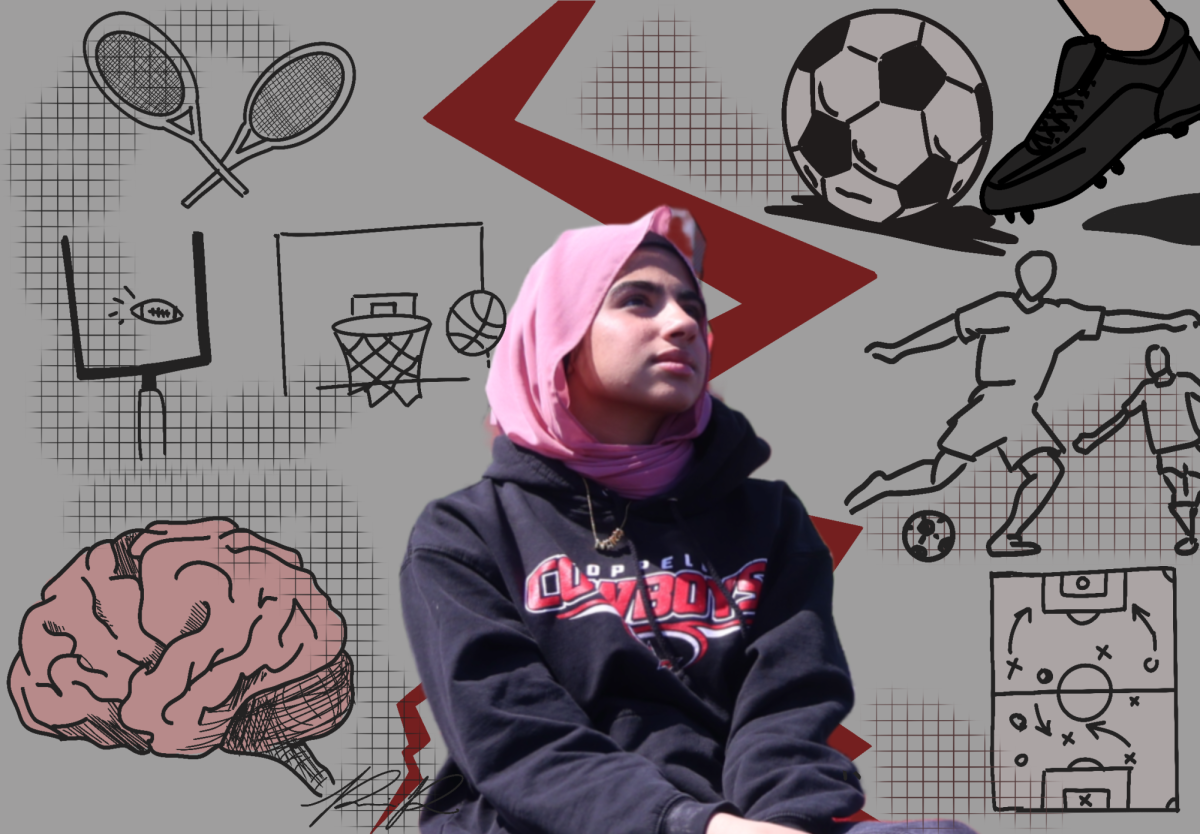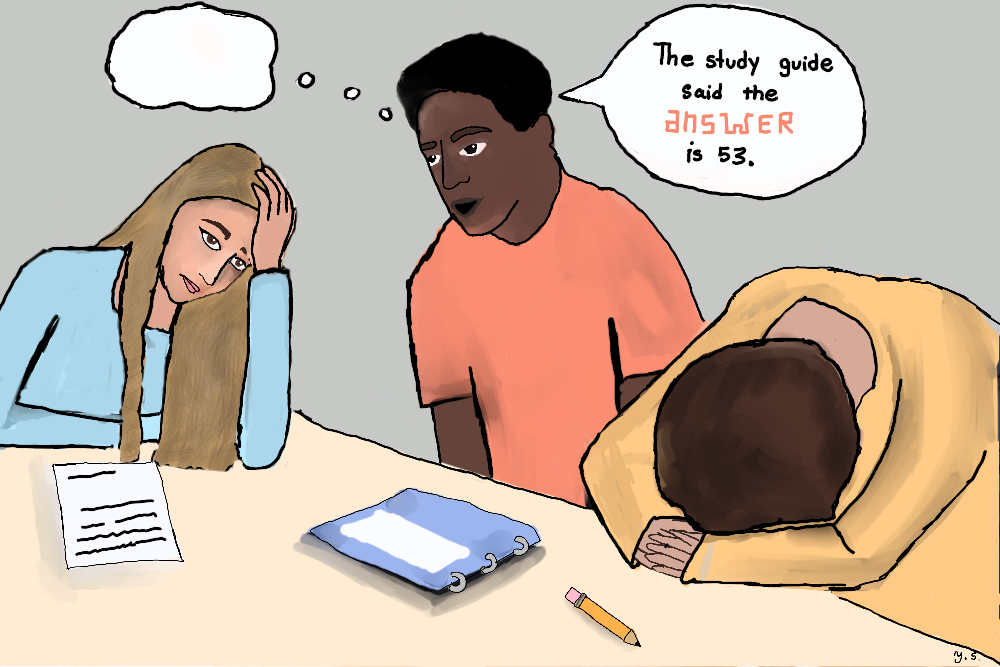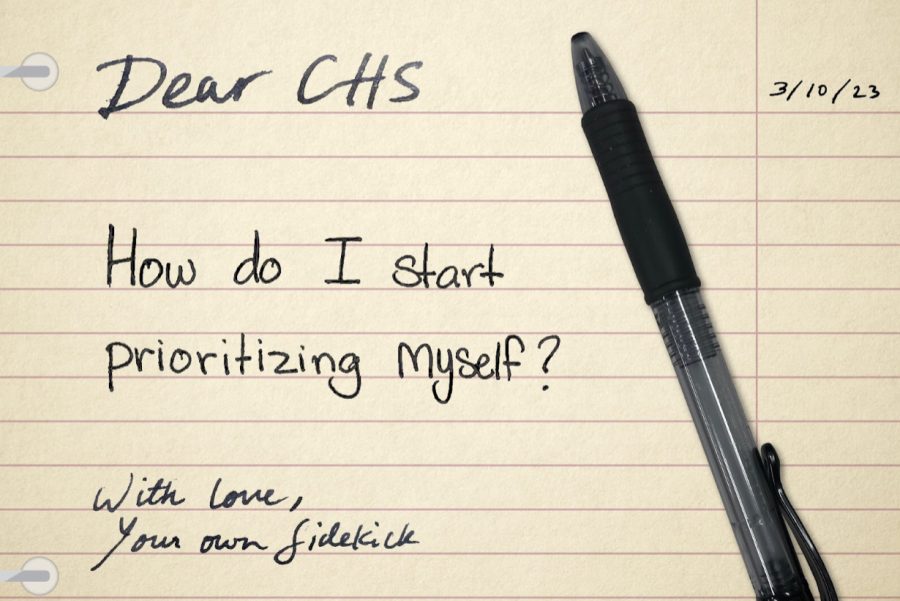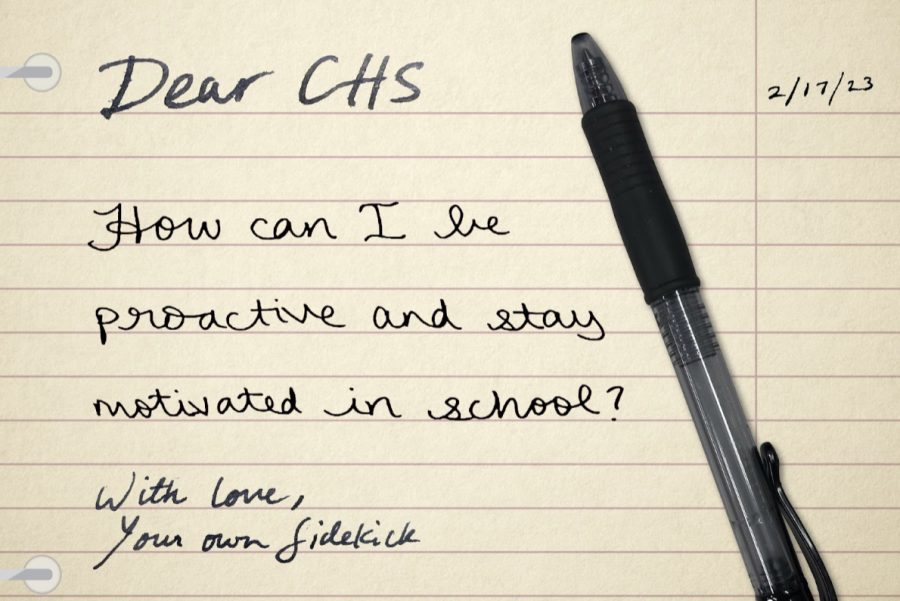Twisting my key into the ignition, the engine awakes and my car slowly starts. Having relied on my parents to drive me around far too long, it was finally my time to start driving.
For teenagers, navigating newfound independence can be a struggle similar to starting a car for the first time.
While other teenagers seemingly hit the gas and take on additional responsibilities with ease, working part-time jobs or getting their driver’s licenses, my foot is still stuck on the brake. I often overthink every action and decision I make, creating anxiety for my own future with few support systems to turn to.
High school is oftentimes the beginning stage of a teenager’s independence. Freedom of choices stem all around you: your schedule, what you want to eat for lunch, what clubs you will join and sports you want to play.
At a large school like Coppell High School, it can be intimidating and overwhelming to have to pave your own path for the first time. Your choices now may have a large influence over your future aspirations, accomplishments and career.
As the eldest sibling in my family, I would often count down the days until I became an adult and fully independent so I wouldn’t have to worry about others, just myself. However, after taking on two part-time jobs and a higher level of schoolwork my junior year of high school, I started feeling burnt out and unmotivated, but felt like I had nobody to turn to because of my self-isolation.
My experience isn’t unordinary: navigating increasing independence is an experience every teenager goes through. While some may be eager to merge onto the highway to adulthood, others like myself might feel an uncomfortable contrast.
“My parents are letting me do things that they didn’t used to do and giving me freedom, but I am a little bit uncomfortable by that,” sophomore Anagha Thota said. “I have to manage my own schedule, and having my own debit card, I have to manage my own expenses.”
The shift from sitting on the passenger’s side to being in the driver’s seat means making decisions to take control of your own life.
A responsibility overload from high school can make it extremely difficult to transition into adulthood. High-achieving, competitive schools often have environments that pressure students into overworking themselves. When adolescents are trying to balance a busy workload and schedule for the first time, time management strategies like making calendars or checklists can help prevent procrastination and burnout.
From my experience, I have learned that it helps to take a step back and use self-care methods, such as a self-indulgent shopping trip or taking the time to watch a new movie in theaters with friends. These activities help me stay in the moment and prevent anxiety about working on activities for my future.
Although peer pressure and CHS’s competitive environment often place heavy expectations and standards on a student’s success, try to remember that success is individual to a person: each person’s independence and choices have their own valid reasons and story.
Just because you are independent doesn’t mean you have to be alone. It is important to keep support systems close: people that can give you a quick, easy laugh or an acknowledgement of your hard work. They can keep you motivated by validating your experiences and maturity.
Learning to drive for the first time and navigating independence both have learning curves and bumps on the road, but can be learned with time and persistence.
Follow @sabah__uddin and @CHSCampusNews on X.



